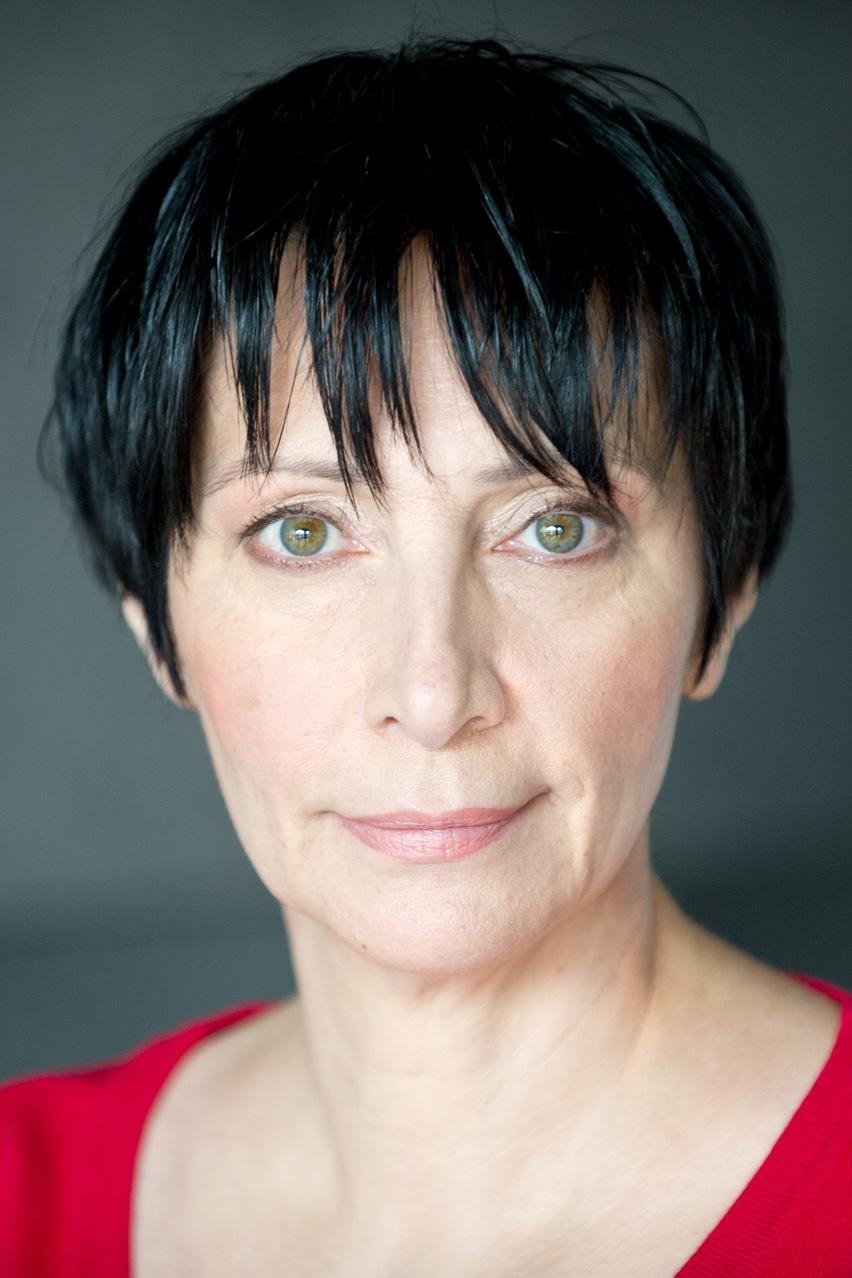
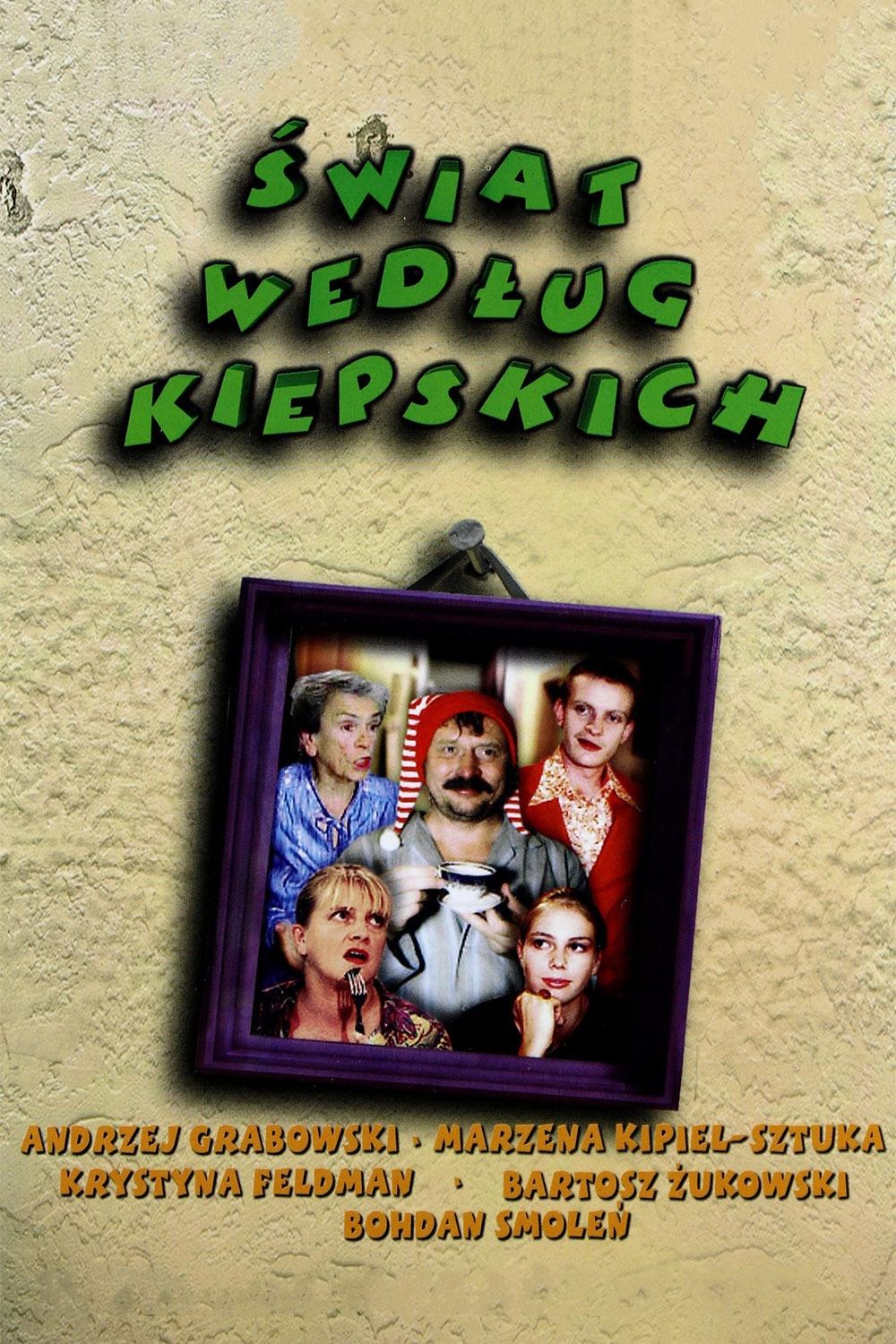
Follow the life of a dysfunctional Polish family from Wrocław, who live in an old apartment in Wrocław on 3/4 Ćwiartki street. The show is centered on Ferdynand Kiepski, who tries to make various schemes to improve his financial or life situation, all of which ultimately fail.
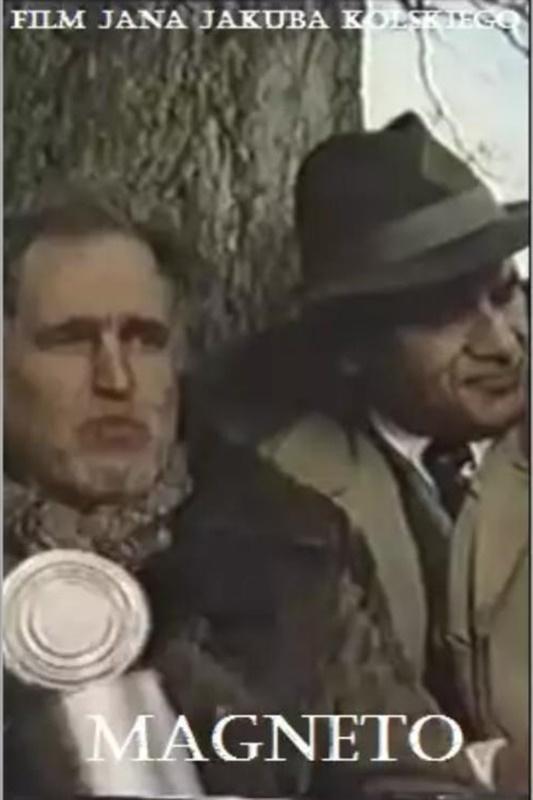
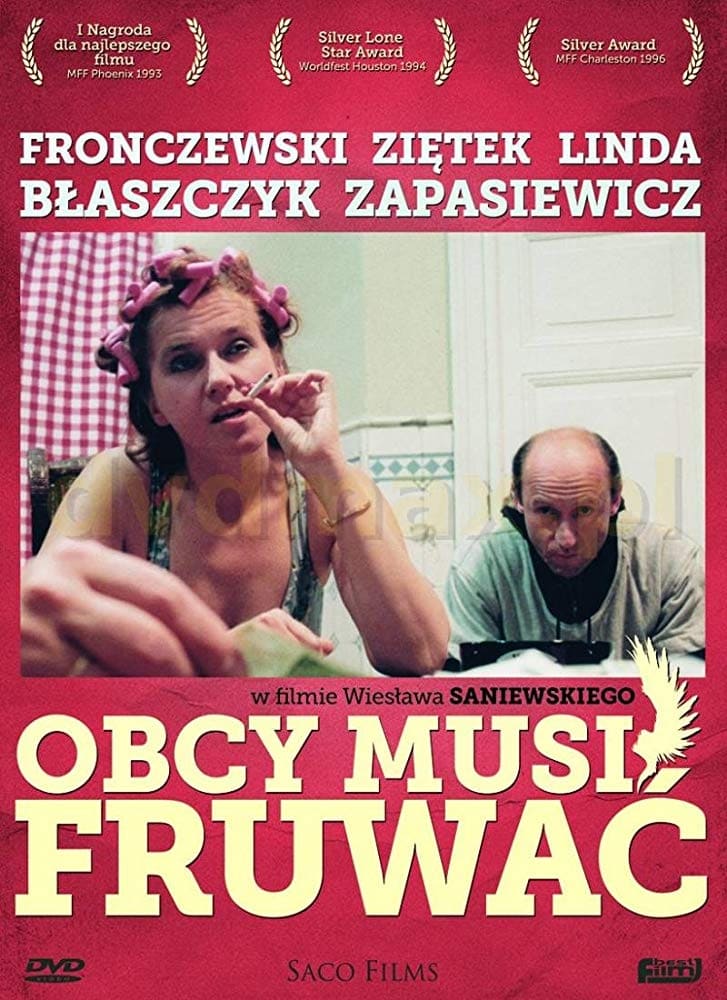
Berlin, 1990. At the invitation of his actor friends, who have already lived abroad for many years, Max, a Polish theater director, comes to Berlin. They begin to work together. They try to realize their dream: to stage a play, the staging of which was prevented by the imposition of martial law ten years earlier. The way they raise funds (selling pieces of the "historic" wall) and struggle against the heartless machinery of bureaucracy forms the axis of the film. In their efforts, the four protagonists are assisted by Regina, a translator familiar with local customs and practices. The film deals with the problems of artists in the new, commercializing reality. It is the story of strangers, auslanders who want to realize their dreams and ambitions outside their homeland. It raises topical issues of chauvinism, xenophobia and hatred of foreigners felt by both Germans and Poles.
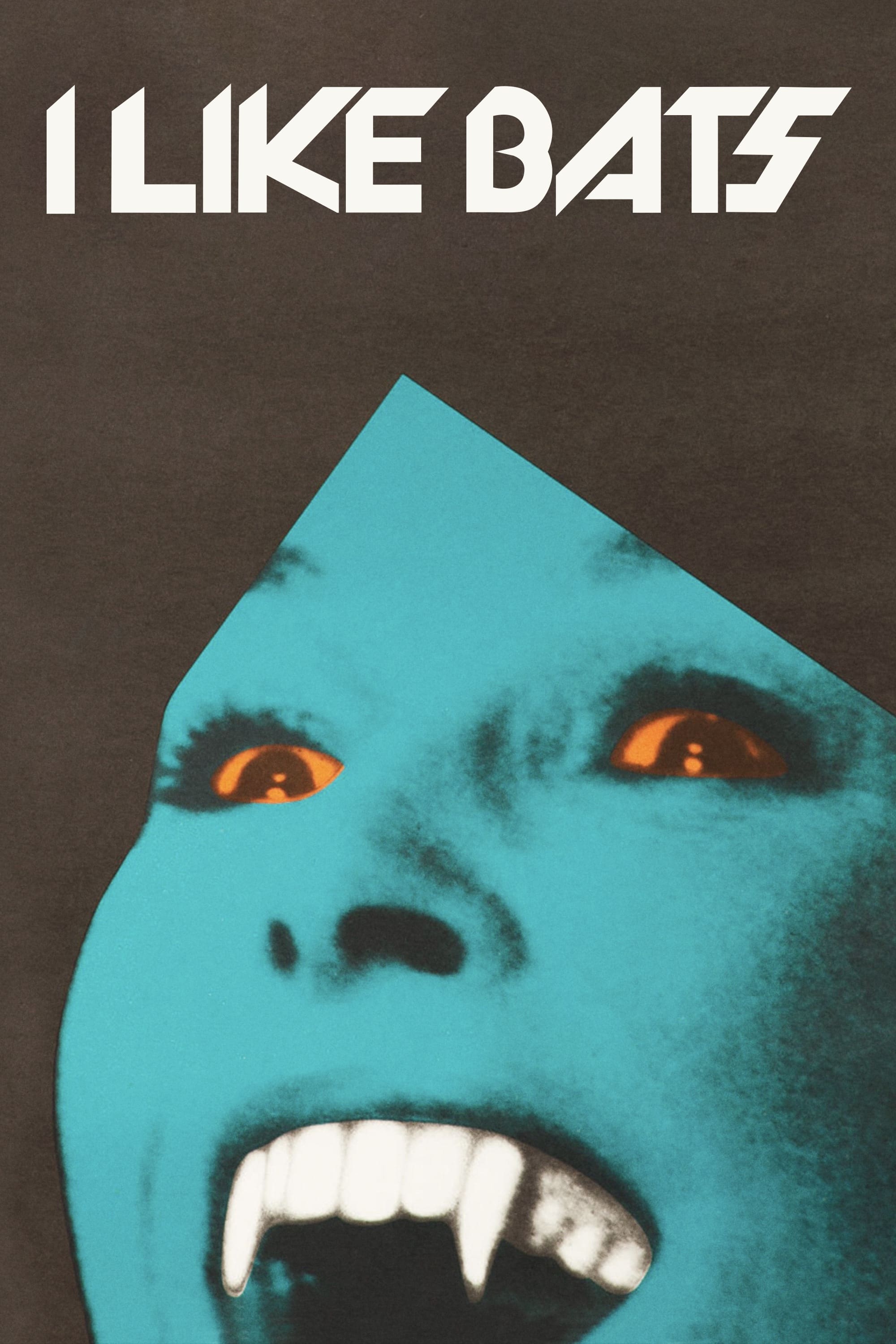
Izabella, a beautiful young woman, works at her aunt’s shop in a small town in Poland. She uses her hands to create unique small objects for the shop, but in the night she has the strange habit to feed bats.
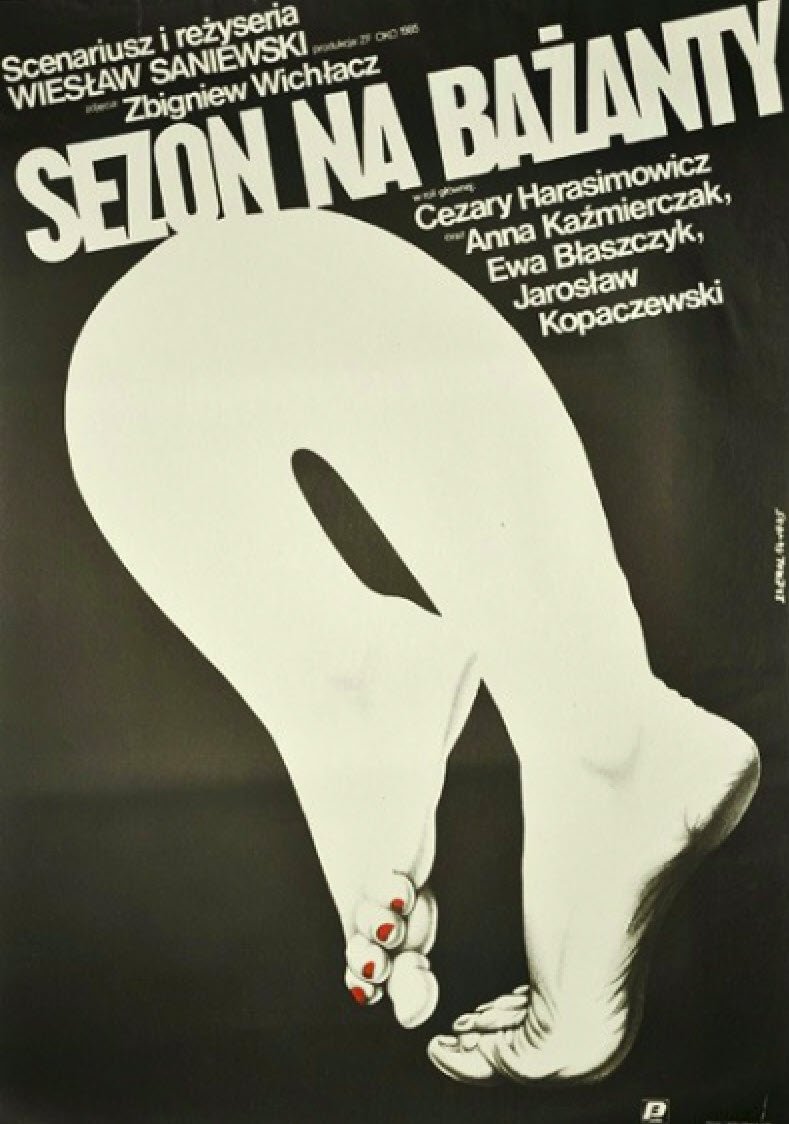
By browsing this website, you accept our cookies policy.